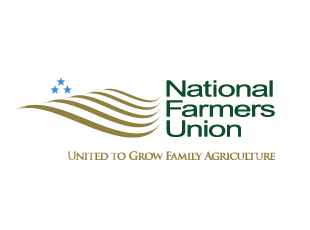NFU Releases Analysis on COOL Compliance
US – National Farmers Union (NFU) and the United States Cattlemen’s Association (USCA), have released a legal analysis that details the available options for successful US compliance of a recent World Trade Organization (WTO) ruling on County-of-Origin labeling (COOL).
 “The comprehensive legal analysis demonstrates that the USDA can come into compliance with the WTO appellate body ruling by amending the COOL regulations,” NFU President Roger Johnson said. “Changes to the COOL legislation are not necessary to achieve compliance. US producers are rightfully proud of their products and consumers want to know where their food comes from. Additionally, these remedies should not result in any increase in consumers’ retail prices. Achieving compliance is a win-win situation for all interested parties.”
“The comprehensive legal analysis demonstrates that the USDA can come into compliance with the WTO appellate body ruling by amending the COOL regulations,” NFU President Roger Johnson said. “Changes to the COOL legislation are not necessary to achieve compliance. US producers are rightfully proud of their products and consumers want to know where their food comes from. Additionally, these remedies should not result in any increase in consumers’ retail prices. Achieving compliance is a win-win situation for all interested parties.”
The analysis essentially concluded that an effective way of complying with the WTO decision is to simply provide more information and more accurate details to consumers. It would not require producers or processors to collect additional information; it would merely require strengthening the regulations so that the information is provided to the consumer.
The WTO recently required the US Department of Agriculture (USDA) to adjust its rules requiring American retailers to label certain foods with the country (or countries) in which the animals are born, raised, or slaughtered. The WTO said that while the United States can require meat labeling, current US COOL rules do not meet WTO standards. The WTO has given the United States until 23 May 2013 to bring its COOL rules into compliance.
“Based on the analysis, we stand in support of tightening US COOL regulations,” said USCA President Jon Wooster. “USCA is proud of our US raised products and remain committed to this issue, while continuing to vigorously advocate for US cattle producers as well as every consumer’s right to information regarding where their meat products originate and are raised.”
COOL was passed as a part of the Farm Security and Rural Investment Act of 2002 and amended in the 2008 Farm Bill, going into effect in 2008, with regulations being put forward in 2009.


